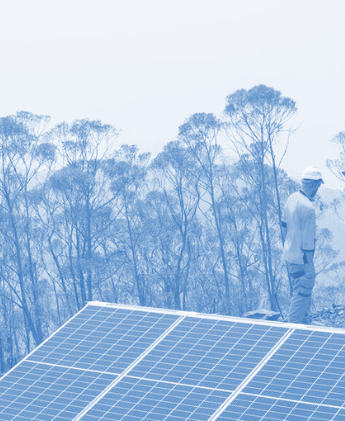Solar shakes market costs
 Rooftop solar has sparked a battle among experts over its impact on electricity prices.
Rooftop solar has sparked a battle among experts over its impact on electricity prices.
As renewable energy, particularly solar, continues to flood the market, daytime power prices are diving into negative territory. This means that power generators are, ironically, paying to produce electricity.
As Australia's largest electricity system briefly reached a historic 70 per cent in recent days, Gridcog, an energy software company, highlighted the rising trend of “price cannibalisation”.
Wholesale power prices in the national electricity market across eastern states plunged as low as -$64 per megawatt hour during periods of surging rooftop solar production.
This trend is most pronounced during mild, sunny conditions, particularly on weekends when solar output peaks but overall electricity demand remains relatively low.
Gridcog says that large-scale solar farms suffer the most because rooftop solar installations operate independently, outside the market operator's control.
To avoid paying for overproduction, utility-scale solar plants are forced to curtail or shut down their generation.
‘Demand’ for grid power is plumbing new depths as rooftop solar panels increasingly meet not only their owners' needs but also those of many other customers.
This is squeezing traditional generators, such as coal and gas-fired plants, which are struggling to cope with the intermittent nature of solar supply.
The challenge lies in whether evening demand and higher prices can offset the daytime lull.
Former electricity system planner, Alex Wonhas, has told the ABC that record lows in grid power demand are now routine due to the growing presence of rooftop solar.
While household solar shines as a star performer in Australia's energy transition, it brings its own set of challenges. As renewables peak, they replace conventional generators, but backup storage or traditional generators are needed when renewables wane.
The proliferation of rooftop solar is poised to test generators and the power system's resilience further.
In the short term, large-scale solar projects will bear the brunt of the impact.
Christian Zuur from the Clean Energy Council has called curbing wind and large-scale solar generation “a waste of zero-cost energy”, calling for more pumped hydro and grid-scale battery storage to harness and redistribute excess power efficiently.







 Print
Print